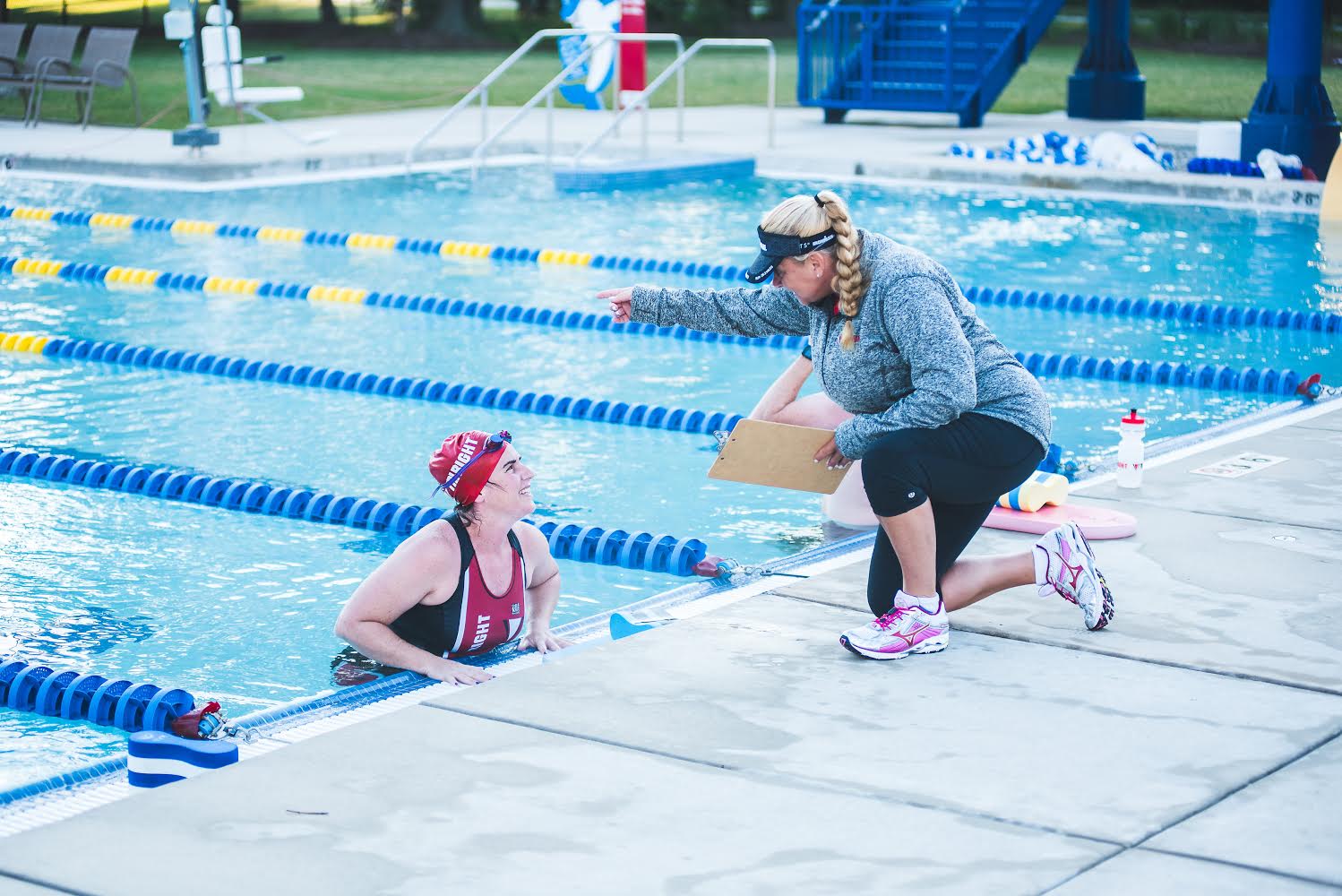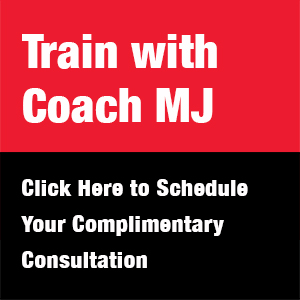Coach-athlete relationships are dynamic. Sometimes what is perfect at one point is not so perfect at another. People change, relationships change. It’s normal, it’s business. Don’t sweat it. The important thing is that you get a good fit; otherwise nobody – not you, not the coach – benefits.
Your current coach may not be the best for you forever, as you grow as an athlete grows and your coaching needs may too. Switching coaches shouldn’t be seen as taboo. If your current coach isn’t meeting your current needs, the first thing to do is discuss your concerns with your coach. Give that coach some time to try and learn what you expect, while you also listen to what the coach expects. If you think you have communicated what you need and you’re still not feeling like you’re getting it, then it is time to switch. No shame in it.
It can be a big decision. You’ve been with this coach for a long time. It’s like breaking up with a best friend. Here are some of the real reasons you should consider breaking up with your coach:
- Lack of communication: Depending on the agreement you have set up, a 24 hour turnaround time is reasonable, less if it’s a time constraint situation. A consistent lack of response is not acceptable. However, if you coach doesn’t know there’s a problem with your training plan, then they can’t make any changes, so you need to first try communicating to them and giving them the chance to change. You may even wish to set up regular “check-in” calls with your coach.
- Lack of individualization: If you’re paying for an individualized plan, you should have a clear idea on the path to your individual success. You hired a coach to help you address your strengths and weaknesses. If the coach isn’t helping you focus on those, then there may be a problem.
- Lack of purpose: Your coach should be able to explain the purpose behind every single and training session.
If you decide to jump ship – now it’s time to do your research on a new coach. Here’s a little recap on what to look for in a good coach:
- Knowledge and credentials with a proven track record who has trained athletes you admire
- Good communication with an open door policy
- Good interaction and motivation with their athletes
- Helps their athletes set short and long-term goals
- Gives their athletes feedback on workouts and races
- Honesty on all of the above – even if you don’t want to hear it
- Work-life balance understanding
- Like-able – not just as a coach, but as a person too!
The path to keeping or finding your perfect coach isn’t always easy. If you do your research, ask lots of questions, you’ll eventually find the right coach for your needs and then, most importantly, follow the plan they set up for you. Consistent training will yield great results to set you up for your best season yet. Contact me today if you have questions or are looking for a new or different coach.
Train Right, Tri Right!
Coach MJ







